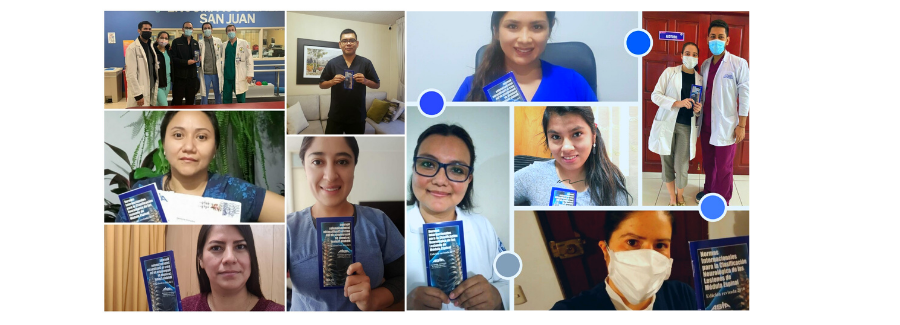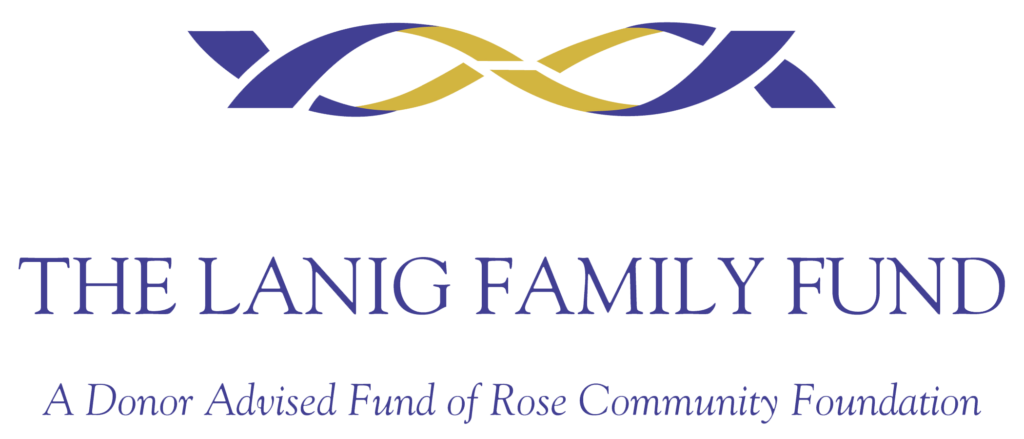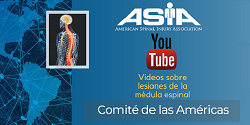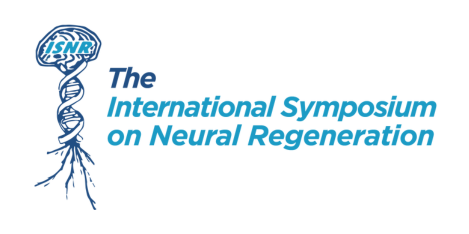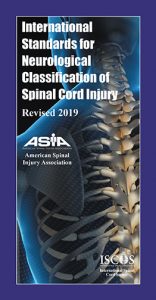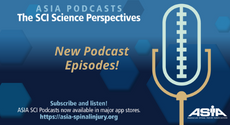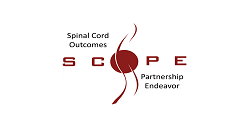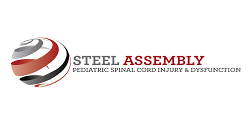.
 Spinal Cord Injury (SCI) is a very challenging condition that requires extensive education, financial support and long term medical care. SCI affects all corners of the world. According to the World Health Organization, every year, around the world, between 250 000 and 500 000 people become disabled after an SCI. The majority of cases are due to preventable causes such as road traffic crashes, falls or violence. In the Americas, despite recent scientific improvements in the understanding of the pathophysiology of SCI, as well as the acute and chronic management of its complications, SCI continues to have a disproportionate variability in functional outcomes between countries, with the worse SCI outcomes in countries with less resources.
Spinal Cord Injury (SCI) is a very challenging condition that requires extensive education, financial support and long term medical care. SCI affects all corners of the world. According to the World Health Organization, every year, around the world, between 250 000 and 500 000 people become disabled after an SCI. The majority of cases are due to preventable causes such as road traffic crashes, falls or violence. In the Americas, despite recent scientific improvements in the understanding of the pathophysiology of SCI, as well as the acute and chronic management of its complications, SCI continues to have a disproportionate variability in functional outcomes between countries, with the worse SCI outcomes in countries with less resources.
The strategic focus of ASIA’s Americas Committee includes:
- Serving as a link for rehabilitation providers in the Americas to foster educational opportunities for those who often care for acute and chronic SCI.
- Enhancing cooperation between the different disability organizations in the Americas to share knowledge and training to improve care of patients with SCI
The Committee for the Americas has an active core of members, and we can always use more help. We are looking for representatives from across the clinical spectrum (physicians, therapist, nursing, etc) as well as those who can speak Spanish or Portuguese. If you are interested in joining the committee or have a special interest in helping SCI patients in our region, please contact Camilo Castillo – Camilo.castillo@uoflhealth.org for further information.
SCI Awareness Day Videos created by the ASIA Americas Committee:
Spanish | Portugese | English
Spanish Edition Now Available!
International Standards for the Neurological Classification of Spinal Cord Injuries (ISNCSCI) (revised in 2019)
.
The 2019 revision of the International Standards for the Neurological Classification of Spinal Cord Injuries (ISNCSCI) was launched at the 2019 LME Summit of the American Spinal Cord Injury Association (ASIA) in Honolulu. This review introduces two new concepts: 1) a new taxonomy for documenting deficiencies not related to SCI, such as peripheral nerve injury or pain, and defines the rules for correct classification in the presence of such conditions without SCI; and 2) the definition of the Partial Preservation Zone, which has been modified and can now be used in some cases of incomplete injuries (ASIA Deficiency Scale (AIS) grades B, C and D) with absence of motor or sensory function in the most caudal sacral segments. The International Standards contained in the pocket manual, they define a standard method for assessing the neurological status of the patient with SCI, as well as a standard approach to use such data to classify / quantify the lesion. The objective is that both the measurement technique and the results, both in the clinic and in research, are consistent between both areas.
El comité de ASIA Américas continúa sus esfuerzos para difundir el conocimiento de las SCI y apoyar la capacitación de los médicos en todos America latina
Estándares internacionales para la clasificación neurológica de lesiones de la médula espinal (ISNCSCI) disponibles en la tienda en línea: https://asia-spinalinjury.org/shop/

Download the free PDF version of the worksheet International Standards
ISNCSCI 2019 Worksheet in Spanish
¿CÓMO TRADUCIR EL SITIO WEB DE ASIA EN ESPAÑOL?
1. Ingresar por Google Chrome.
2. Ingresar la dirección de la página: www.asia-spinalinjury.org
3. Al final de la barra encontrarán un logo y si se posicionan en él dirá traducir esta página (como figura en la imagen).
Estamos trabajando para seguir mejorando!!!
Acknowledgements
The Lanig Family Fund, a donor advised fund at Rose Community Foundation, is committed to supporting and promoting cross sector collaboration that elevates the health and quality of
life of those living with SCI and similar neurotrauma.
The Lanig Family Fund is a proud supporter of the ASIA Americas committee and it’s mission to enhance cooperation between the different disability organizations in the Americas, sharing knowledge and training to improve care of patients with SCI.
